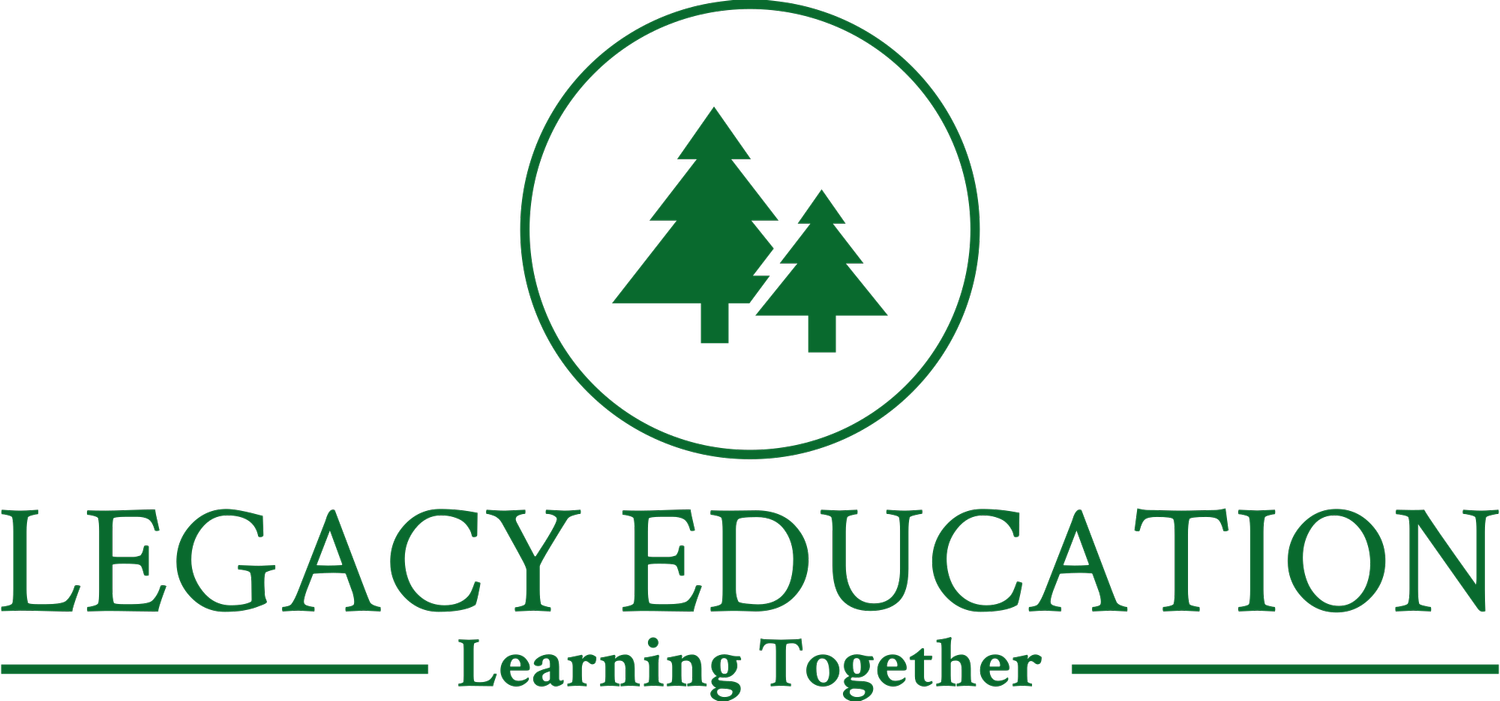7 Habits of Highly Effective Teachers
Following these seven principles will help you leave a legacy in your school, community or organization, no matter your role. Leadership is influence, and practicing these habits will see you influence others in the most meaningful ways.
A TES article once highlighted the “Seven Deadly Sins” school staff should avoid committing. No, it has nothing to do with murder, greed, or idolatry. These are the negative habits that teachers easily slip into, sacrificing values on the altar of frustration, stress, or even lack of appreciation. And while it’s extremely valuable to know and recognize these negative behaviors we ought to avoid, any psychologist will tell you it is equally if not more valuable to know what to aim for.
The Seven "Abilities"
1. Flexibility
If you work in a school, you are likely a very flexible person. The education profession tends to attract patient, flexible, pastoral people. While some changes in routines and schedules can be frustrating, stay positive and look for the silver lining, even if it is difficult to see. Sometimes we have to embrace change before we enjoy the changes that have been made. Let's do our best to have a “We will make it great!” attitude.
2. Teachability
Being teachable means we are open to learning new strategies, trying new ideas, and continually seeking out ways to improve ourselves. Don’t close yourself off to new ideas because they didn’t originate from you or came from a colleague you might not expect. Lifelong learners are open to doing things differently!
3. Credibility
Credibility takes time to develop. Here's a proverb that I have found as a useful guide:
Never let loyalty and kindness leave you!
Tie them around your neck as a reminder.
Write them deep within your heart.
Then you will find favor with both God and people,
and you will earn a good reputation.
Imagine wearing loyalty and kindness around your neck (metaphorically) and regularly think about how you can implement them in every aspect of your work life. By doing so you will win the support of others and become a positive influence in your school community.
4. Workability
Being a teacher is not just about teaching children – it’s about creating a healthy work environment where children can thrive. This is developed by working respectfully with colleagues and by honouring them in front of the children - even those we would rather avoid! We may have private disagreements or ideas, but these should stay private (or "backstage" in theatre terms). Former Disney Parks Executive Dennis Snow once wrote “Never let the backstage come on stage.” This applies to schools and classrooms too!
Model the interpersonal behaviours you expect from your students. Everyone will be better for it.
5. Unflappability
How do you handle emergencies, behaviour problems and other unexpected situations? Unflappable means we remain calm in times of chaos and crisis - the hallmark of a great teacher! Here is a practical activity you can do today: Make a list of potential problems you might encounter in your school then write down how you will respond for each one. This will prepare you for a variety of eventualities and make you unflappable!
6. Model-ability
How do you want your students to behave? Model these behaviours with your colleagues.
Avoid becoming too close with the person who says “I’m only telling the truth/being realistic” or “I just tell it like it is”. Statements like these say more about their negative outlook than the situations they talk about.
7. “Us-ability”
When you address your colleagues, which pronoun do you use - we or you?
When someone uses "we" and "us" I know they will be in the trenches with me and that they see themselves as part of our team.
When someone uses the pronoun "you" when addressing their team - “You guys…”, “You need to…” or “You should…” - and they put the emphasis on what others must do, what they are really saying is “I have it sorted already and you don’t. I am above you.”
I am wary of a person who sees themselves as separate from the team they lead.
"We" and "us" demonstrate to others that we see others as a valued part of our communities!

